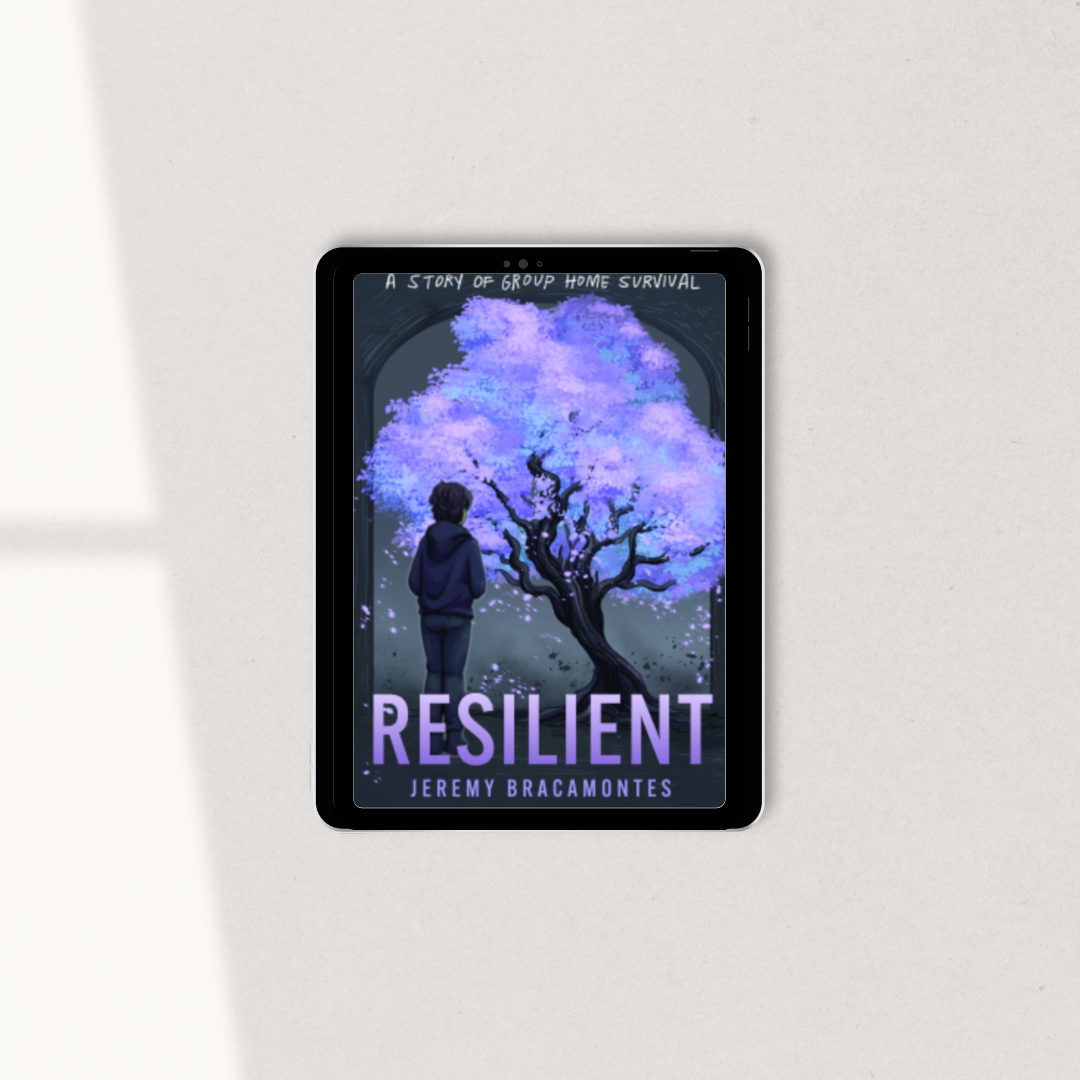Shining Through the Cracks: A Memoir of Resilience and Redemption
Jeremy Bracamontes’ memoir, ‘Resilient: A Story of Group Home Survival’, eschews sentimentality to deliver a powerful, unfiltered account of life within the foster care system. Set against the gritty backdrop of the 1980s and 90s, his story is painted not in comforting hues but in the harsh, cracked asphalt and faded neon of those decades.
The memoir unfolds with a stark immediacy, revealing the brutal realities of growing up in a system that fails its wards. Even before he turned eight, Jeremy Bracamontes was thrust into the cold, impersonal machinery of social services following his father’s untimely death from cancer and his mother’s descent into addiction. At his father’s burial, he and his mother were shunned by family, adding another layer of sorrow to an already heartbreaking day. This rejection symbolised the broader societal indifference he would come to know.
After his father’s death, his mother struggled with addiction, but there was a fleeting period when she found a partner who treated Jeremy kindly, offering him a glimpse of the family life he longed for. This relationship, unfortunately, did not last, and instability once again took hold. Similarly, amidst this turbulent journey, Jeremy goes on to experience fleeting moments of kindness, but they were often overshadowed by the pervasive neglect and instability.
Despite being an emotionally difficult read, Bracamontes’ memoir is also rich with themes of resilience, love, and the quest for stability. The letters from his mother highlights the enduring bond between them, despite the physical and emotional distances. The kindness of his surrogate grandparents serves as a stark reminder of the transformative power of genuine care and affection, even in the face of overwhelming adversity.
Jeremy’s memoir is not one of triumph or redemption in the traditional sense. Instead, it is a raw and unflinching portrayal of a life marked by trauma and neglect. His story serves as a sobering reminder of the failures of the foster care system and the urgent need for reform. However, amidst the darkness, there are glimmers of hope and moments of profound human connection that shine through. Jeremy’s resilience in the face of adversity, his unwavering spirit, and the kindness shown to him by a select few illuminate the pages of his memoir.
As I tuck this book into my ‘read’ section, I am left with a renewed appreciation for Jeremy’s courage and strength. His willingness to share his story with honesty and vulnerability is a testament to his bravery. It serves as a reminder that every child, no matter their circumstances, deserves to be valued, supported, and given the opportunity to thrive.
